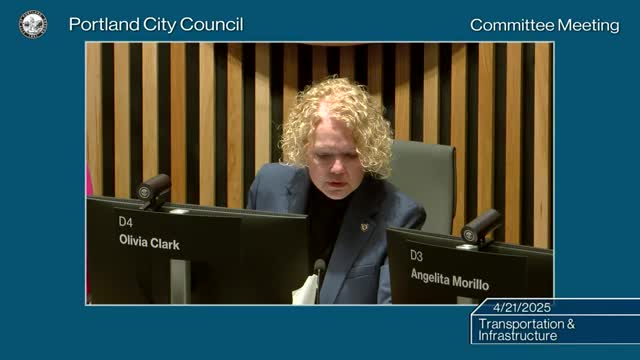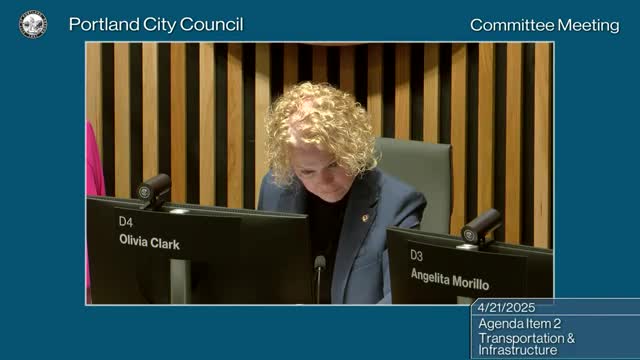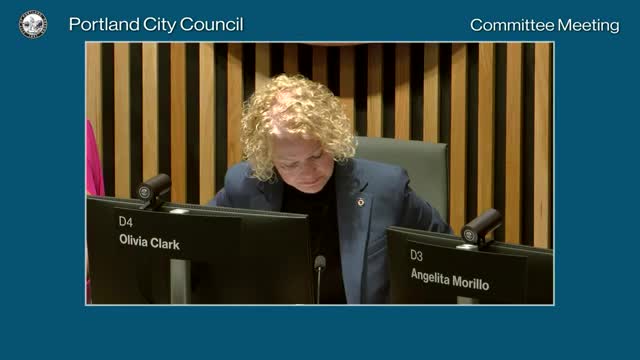Article not found
This article is no longer available. But don't worry—we've gathered other articles that discuss the same topic.

Portland transportation bureau outlines $38 million GTR shortfall, proposes deep service cuts

Albina Vision Trust urges full Rose Quarter package; opponents press for alternatives and narrower scope

